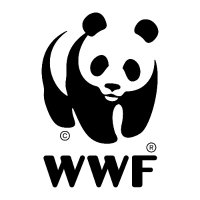
WWF Africa
@wwf_africa
Official Twitter account for @WWF in #Africa 🐼🦏🐘🦍🐟🦁🐯🐢 Building a future in which #people live in harmony with #nature🌲🌳🌱🍀
ID: 3879904791
https://africa.panda.org/ 06-10-2015 11:09:49
3,3K Tweet
5,5K Followers
685 Following

@wwf_africa
Official Twitter account for @WWF in #Africa 🐼🦏🐘🦍🐟🦁🐯🐢 Building a future in which #people live in harmony with #nature🌲🌳🌱🍀
ID: 3879904791
https://africa.panda.org/ 06-10-2015 11:09:49
3,3K Tweet
5,5K Followers
685 Following